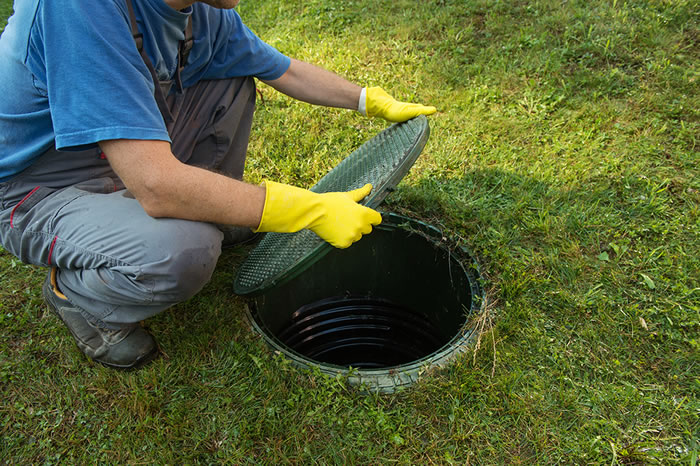
15
If you live in a home that is not connected to a public sewer system, chances are you have a septic system in place. Septic systems are underground wastewater treatment systems that are commonly used in rural and suburban areas. They require regular maintenance to ensure they function properly, including septic tank pumping and hiring a reliable septic company. In this article, we will provide you with essential information about septic systems, including the importance of septic tank pumping and how to choose a septic company that matches your standards.
Septic systems are typically composed of two main components: a septic tank and a drain field. Wastewater from your home flows into the septic tank, where solid waste settles to the bottom and liquid waste floats to the top. Bacteria in the tank break down the solid waste, while the liquid waste is filtered through the drain field, where it is absorbed into the ground.
Over time, solid waste accumulates in the septic tank and forms a layer of sludge at the bottom. If the sludge is not removed regularly through septic tank pumping, it can build up and cause problems such as clogged drain lines, backups, and even system failure. The frequency of septic tank pumping depends on various factors, including the size of the tank, the number of occupants in the home, and the amount of water used. As a general rule of thumb, septic tanks should be pumped every 3-5 years, but it's best to consult with a professional from Charlotte Septic Pros to determine the appropriate pumping schedule for your specific system.
Septic tank pumping is a critical maintenance task that should not be overlooked. Hiring a reputable septic company to perform the pumping is essential to ensure the job is done properly and safely. When choosing a septic company in Matthews, here are some key factors to consider:
While choosing the right septic company is crucial, it’s also important that you do your part as a septic owner. This includes regular maintenance and treating your septic system with care. By working together, your septic system will be in great shape and ready to function every day.
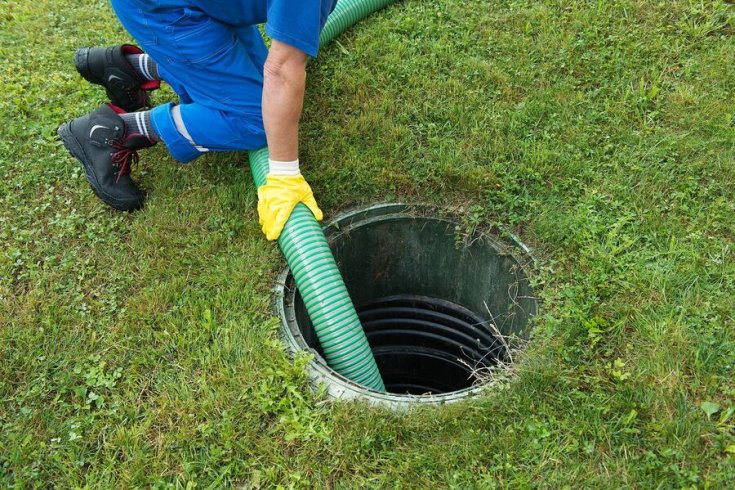
18
Reliable and Affordable Septic Services A properly functioning septic system is essential for any home or business that relies on…
Read more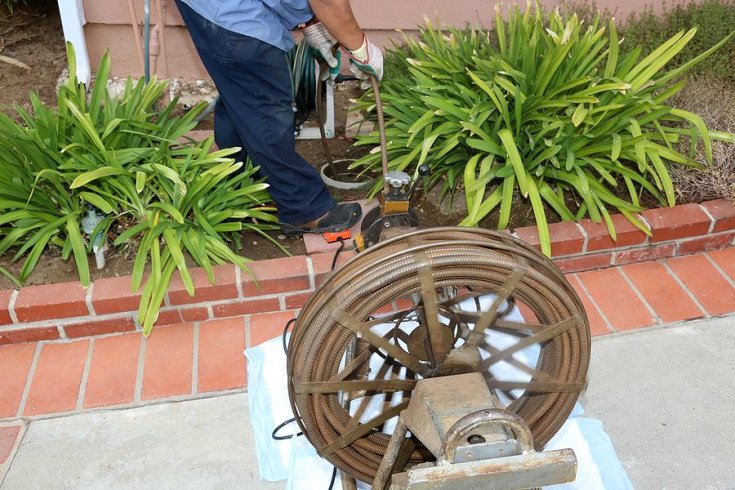
09
Signs and Solutions for a Failing Drain Field Your septic system plays a critical role in managing household wastewater, and…
Read more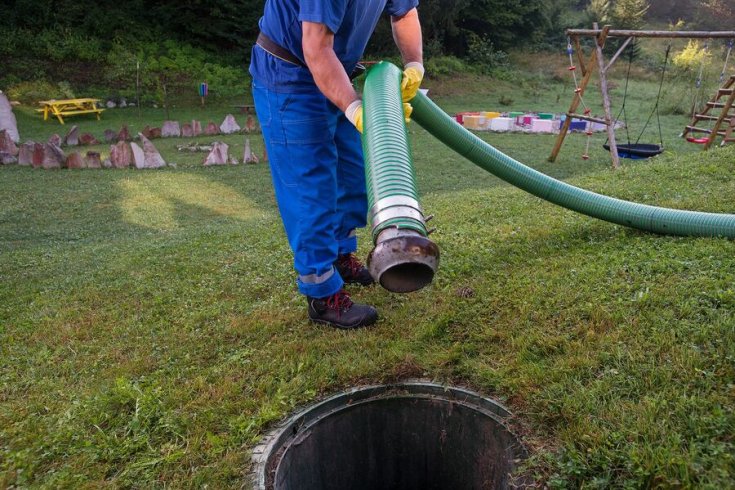
03
A Newbie’s Guide to Septic Pumping If you’re new to homeownership and have a septic system, you might be wondering…
Read more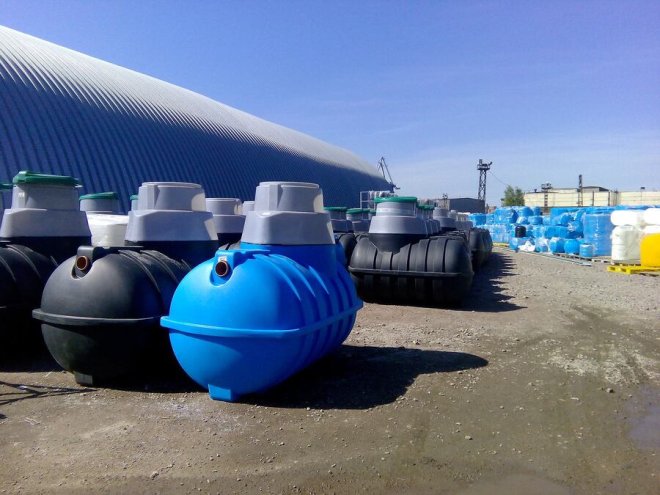
28
How to Prepare for Septic System Installation Installing a septic system is a major investment for any property that lacks…
Read more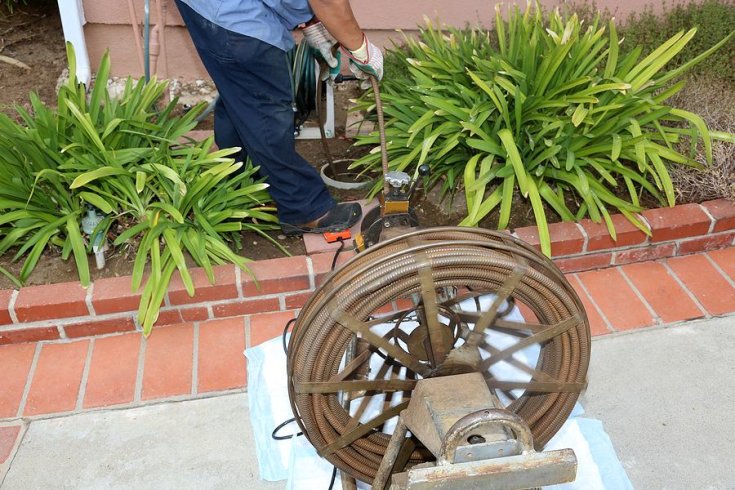
20
How Main Drain Cleaning Can Prevent Sewer Backups Sewer backups are one of the most unpleasant plumbing emergencies homeowners can…
Read more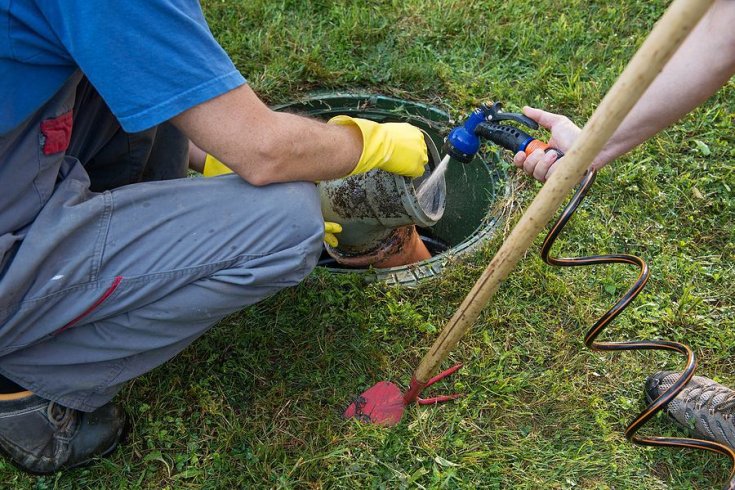
13
What to Do When You Have Drainage Problems Drainage problems can be frustrating and cause serious damage if left untreated.…
Read more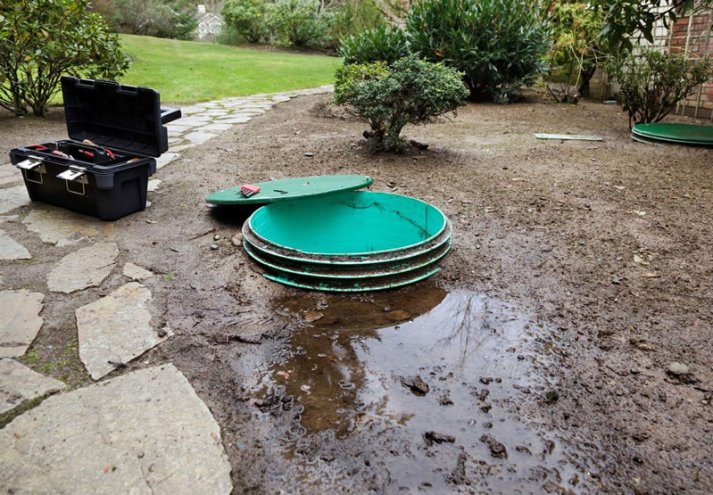
04
Signs and Causes of Septic Leaks A leaking septic system can pose serious health and environmental risks. If left untreated,…
Read more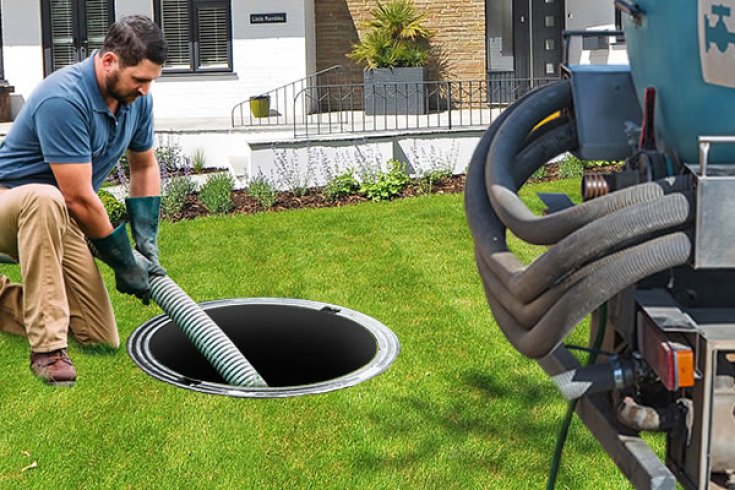
02
Unusual Septic Tank Blockages: Keeping Your Septic System Healthy A properly functioning septic system is crucial for any home or…
Read more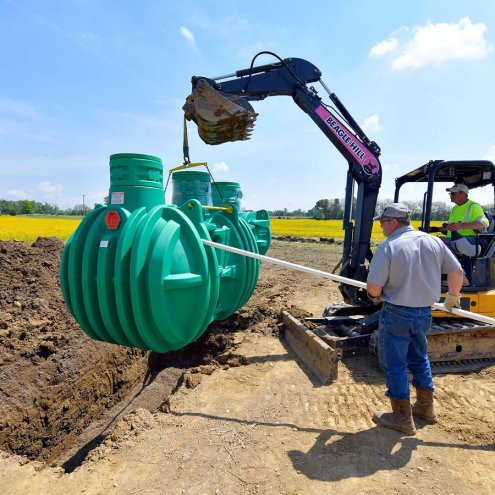
23
Seasonal Weather and Septic Systems Tank Your septic system plays a vital role in managing household wastewater, but seasonal weather…
Read more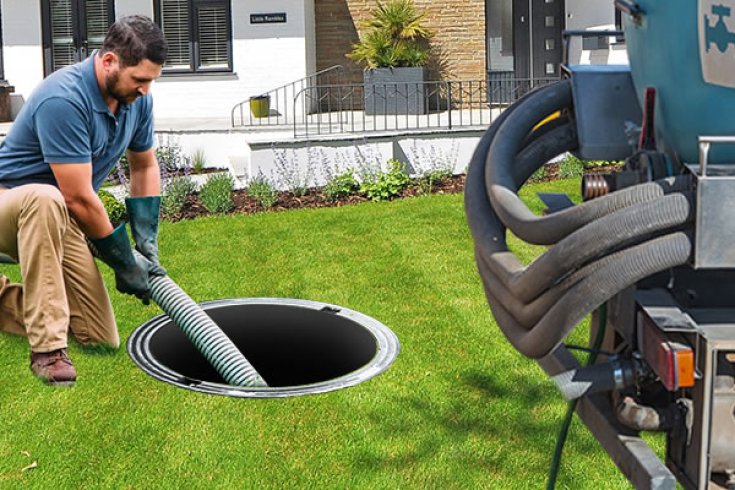
15
Why Toilet Paper Matters to Your Septic Tank Many homeowners don’t give much thought to their toilet paper—until it starts…
Read more